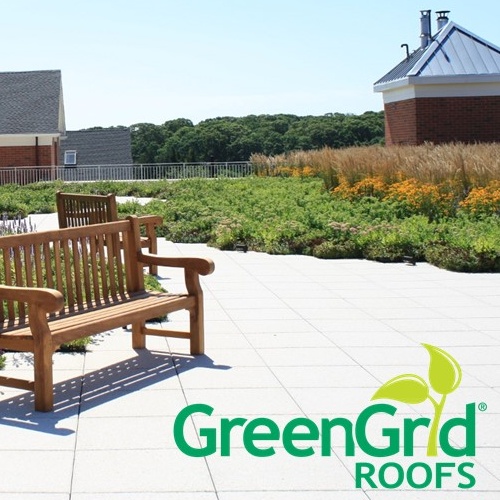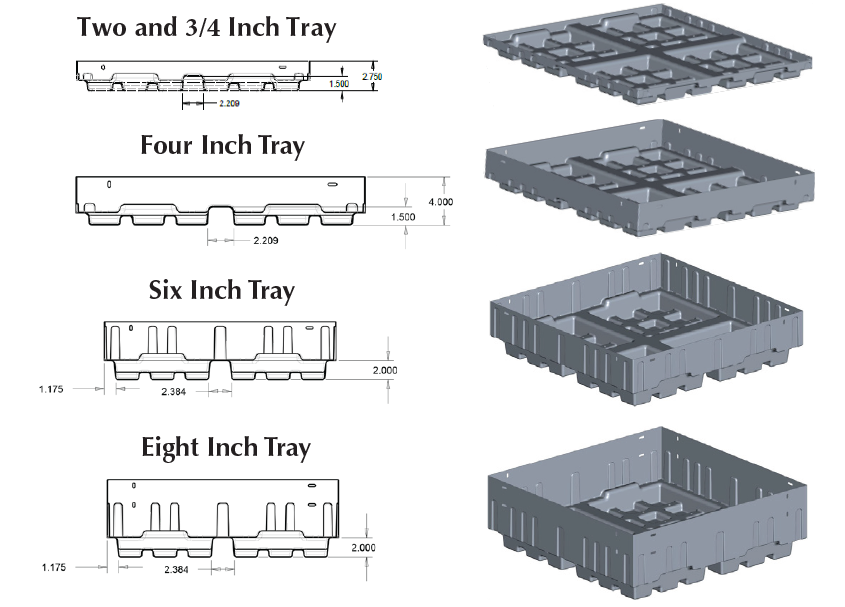Designing a green roof system requires you to determine if an Extensive or Intensive system will meet your needs. The main difference between the two involves the depths of the trays which greatly affects the capability of the system. Depth affects vegetation growth, cost, maintenance and performance of the system.
Below will show the main differences between the two using GreenGrid’s G5 tray system.
Extensive Tray System:
Extensive green roofs are characterized by their lightweight and low-maintenance design. With a shallow growth medium, the GreenGrid’s Extensive trays have a depth of 4” and Ultra-Extensive trays are 2.75”. At these depths, it’s highly recommended to grow shallow root vegetation that are drought tolerant such as sedums and succulents.
Benefits of Extensive Green Roofs:
A. Lower Installation Costs: Due to their minimalistic design, these systems are generally more economical to install as they require less resources to produce, making them suitable for large surface areas.
B. Low Maintenance: By using hardy drought tolerant plants, the system requires less maintenance than other types of vegetation which reduces ongoing upkeep expenses. But this does not mean it’s a no-maintenance system.
C. Light Weight Design: The shallow depths allow the modulars to be light weight making them easier to move during instillation or maintenance and can be an option if structures weight-bearing capacity is a concern.
D. Sloped Roof Installation: With the use of fasteners or custom modules, extensive size trays are more ideal for many sloped roofs.
Intensive Tray System:
Intensive green roofs are more akin to traditional gardens due to having a deeper growing medium. GreenGrid Intensive trays have a depth of 8” while Semi-Intensive trays are at 6”. This type of green roof allows for a diverse selection of vegetation, including small shrubs, however it’s recommended to install an irrigation system to maintain the health of non-sedum plants.
Benefits of Intensive Green Roofs:
A. Biodiversity: By allowing roots to grow deeper into the substrate, a wider range of plant species are available including those grown in extensive systems, increasing biodiversity and a healthy ecosystem.
B. Versatility and Aesthetics: With limitless design possibilities, you can create lush gardens, walkways, seating areas, and create visually stunning and multifunctional spaces.
C. Enhanced Stormwater Management: Due to a higher water retention capacity, intensive roofs can better manage stormwater, reducing runoff and alleviating strain on urban drainage systems.
D. Improved Insulation Properties: The thicker substrate reduces heat transfer during high and low temperature differences as well as being an effective sound barrier by absorbing more sound waves.
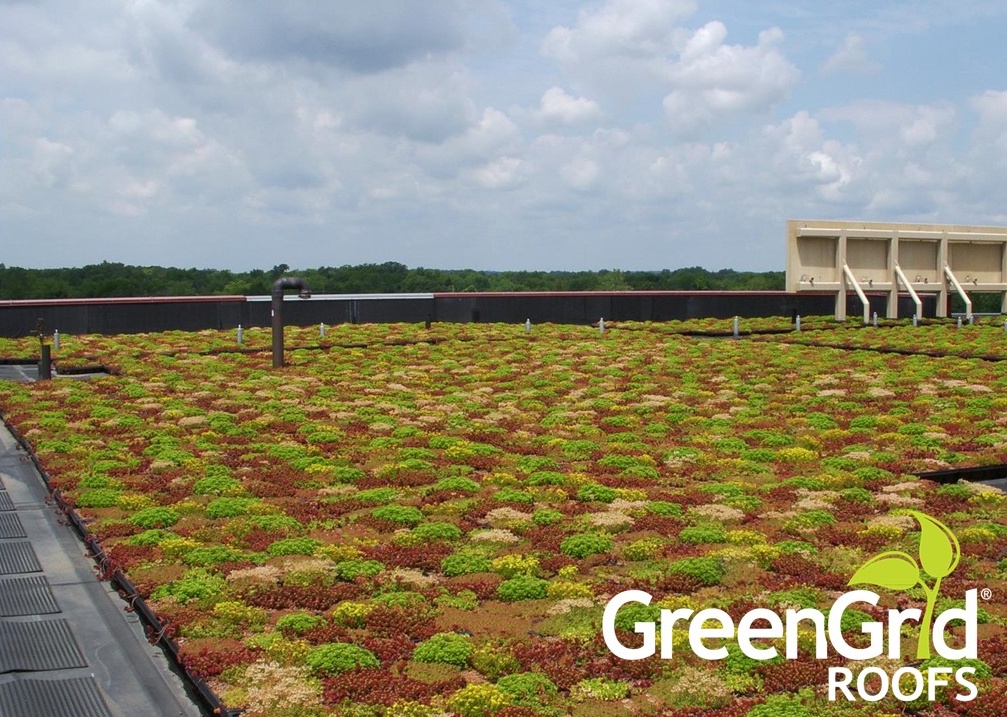
Green roofs are a remarkable way to integrate nature into urban environments while providing numerous environmental benefits. By carefully evaluating these factors and understanding the distinctions between extensive and intensive green roofs, you can select the most suitable options to create a greener and more sustainable future for your building and the surrounding community. Even using both types throughout the system, such as a 75/25 split can dramatically enhance the overall look of the system for little cost. The possibilities of a green roof system are limitless.
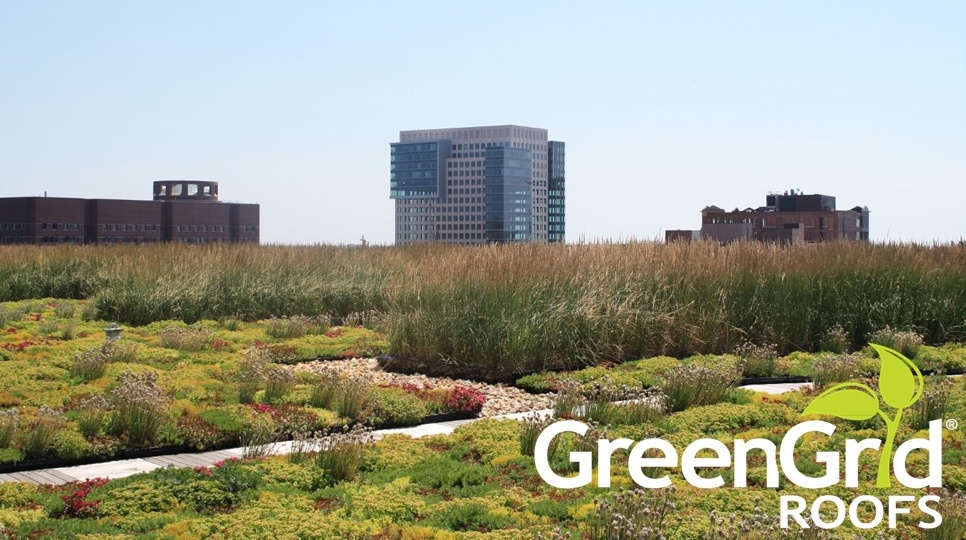
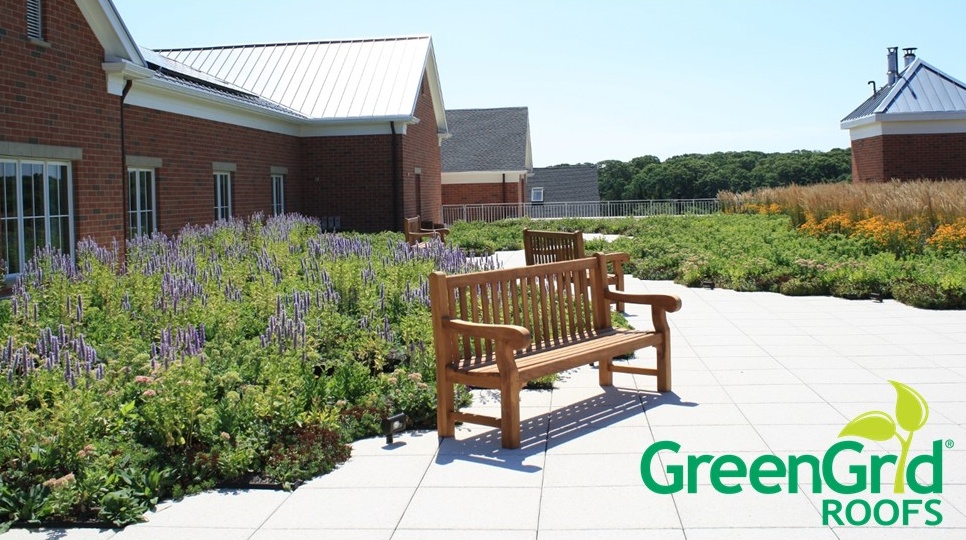
 Greenroofs.comConnecting the Planet + Living Architecture
Greenroofs.comConnecting the Planet + Living Architecture
